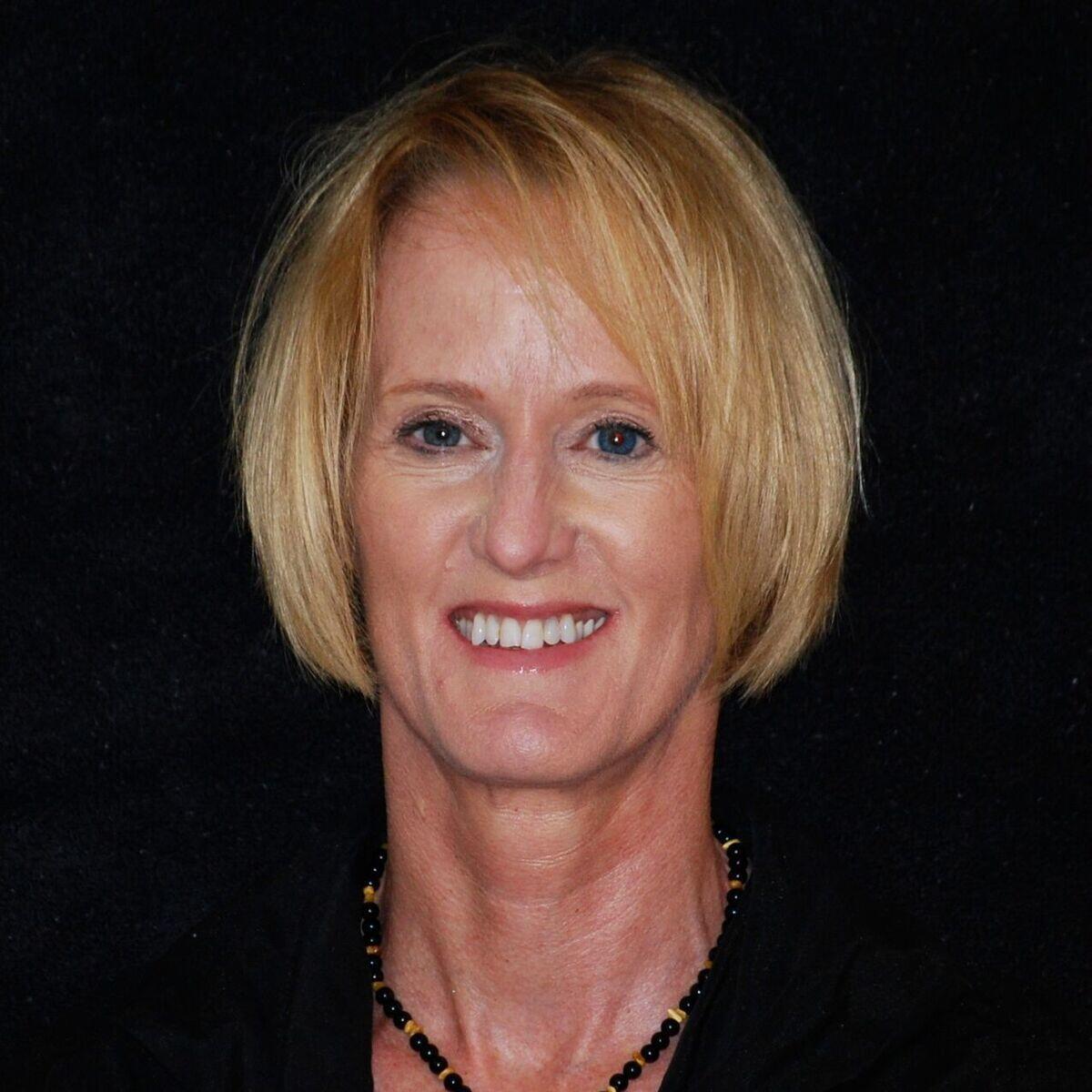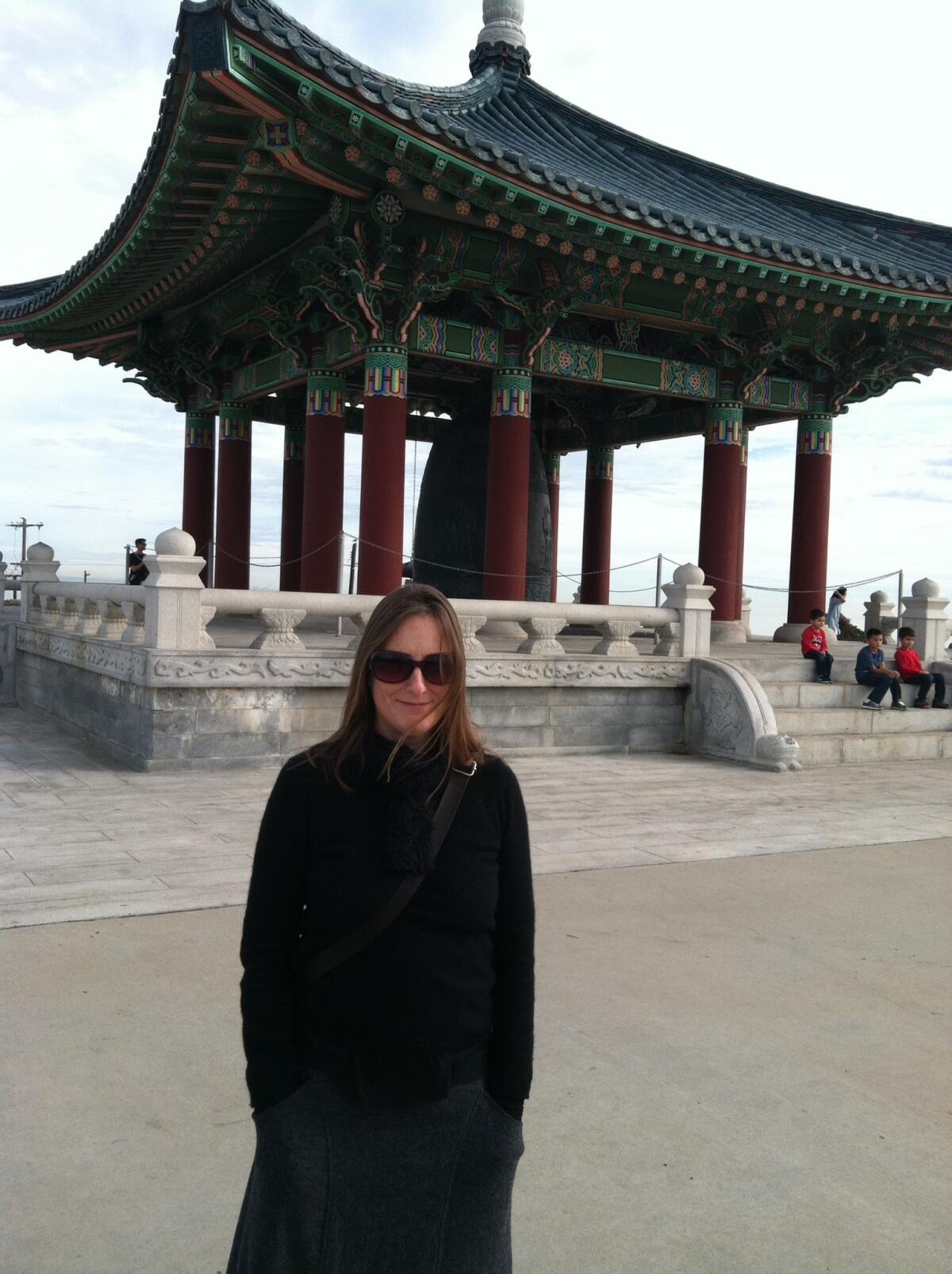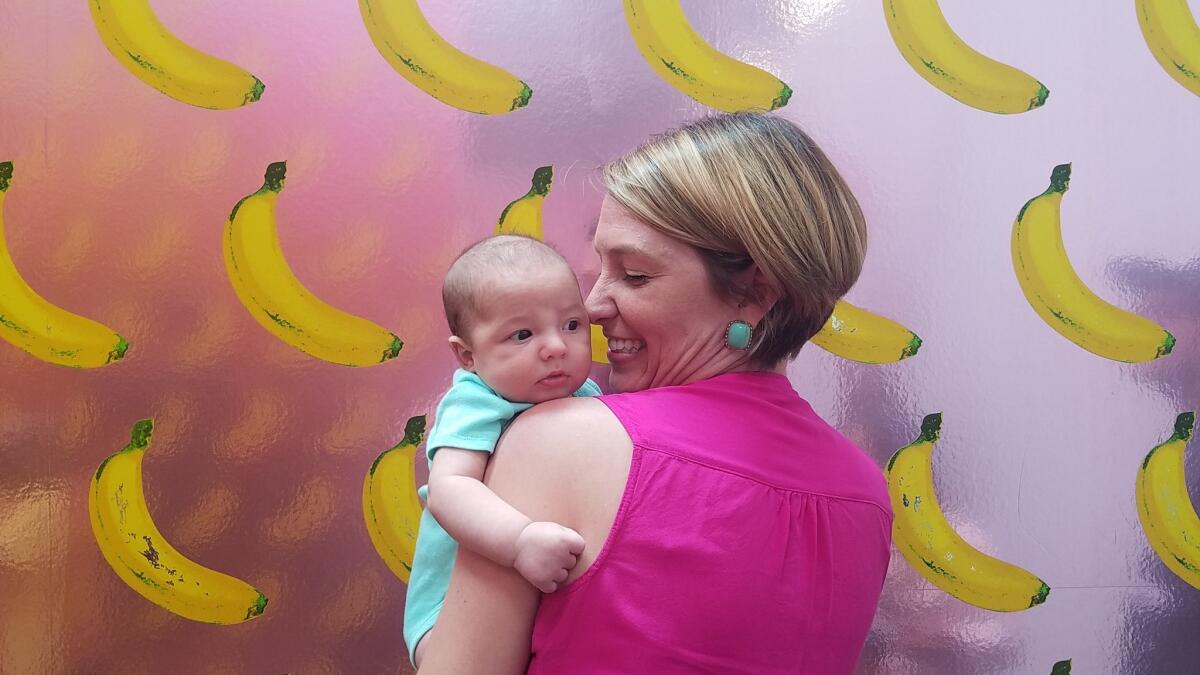Women in their own words: Why we’re not working
Everyone’s work life has its own story – as does every decision to stop working.
The Times recently examined the startling reversal of women pouring into workplaces. The share of prime-age women working or looking for work rose from 35% just after World War II to 76.8% in 1999 – then began dropping, to 74.3% last year.
The story elicited a flood of responses from readers with their own reasons for dropping out. Many cited the difficulty of caring for children while working 9 to 5. Some were knocked out of careers by the Great Recession and never recovered. Others were simply worn down by years of perceived slights.
Here, five readers share their stories.
RELATED | Why are so many women dropping out of the workforce? »
Admittedly, I do have a degree of pride. I won't work in fast food or retail for $7.50 an hour.
Kerry Ann Baker
Denver, and Mazatlán, Mexico
Age: 58

I am probably representative of hundreds of thousands of women (maybe men, too, and maybe we are a legion of millions) who had the misfortune of losing their career jobs during the Great Recession just as we were entering our 50s. During the years of slow recovery, we just got older and it got even tougher to find work. None of my college-educated girlfriends are making what they did pre-recession, even if they found work.
In my last career position, I'd worked for 12 years and left at a salary of $62,500 with an incredible benefits package. When a new chief executive came on board, he used the recession as an excuse to lay me off. This happened to a lot of people I know. The Great Recession was cover to get rid of 50+ employees. Then we had a devil of a time getting traction elsewhere.
I moved to Denver expecting my excellent experience and training would secure at least a decent fund-raising position. I was wrong. I interviewed for five years. In spite of excellent background, references and certifications in the field, I never found more than poorly paying contract work.
My previous profession, recruiting, had become more technical and I couldn't compete with those who already knew that specific technology, even if I went to school for it. Lacking the "ramp" to re-train and get into a new field – I'd be paying off the schooling while taking entry-level wages and again be competing with younger graduates for jobs – I decided to cut my losses and concentrate on saving resources. I moved to Mexico.
I gave up. I looked at the three careers where I had experience and saw I wouldn't be competitive in any of them, post-50. Admittedly, I do have a degree of pride. I won't work in fast food or retail for $7.50 an hour (as if those job aren't disappearing, too). The main barrier for those of us over 50 is age discrimination.
But, you know, I don't mind because younger people are struggling too, and we need to clear some space for them.
Single baby boomer women without children are a huge demographic. I am a perfect representation of what they have been through.
Moving to Mexico part-time has enabled me to have a dignified life, using less of my savings and not having to endure a demeaning job.
When I confronted him he said I was being 'too sensitive for this industry.'
Ursula Strauss
Los Angeles
Age: 30

I quit my job one year ago because I was working as a studio manager in the fashion/commercial photography world and eventually I started hating myself for partaking in a form of media that represents women in such an unrealistic and damaging light.
I made $50,000 a year without benefits. I never got a promotion even though my job description and duties changed throughout my time there.
One main part of my job was overseeing the retouching process after every photo shoot. I was already aware that all images we see of both men and women in magazines and billboards undergo a certain amount of "cleaning up" but I didn't really understand to what degree. The manipulations I witnessed through the "art" of Photoshop, specifically of women, were utterly disturbing and downright violent. Faces contorted, limbs severed, removed and replaced, skin lightened, thighs shrunken, eyeballs enlarged. And the final product was a picture of this perfect being that looked so effortless in her beauty.
I was reminded of myself as a teenage girl, studying every model and actress in beauty magazines and feeling so inferior and depressed because I knew I could never look that good. And what made this even more upsetting was that whenever the photographer did a shoot with a celebrity man or male model the retouching was so subtle and minor that it was always a breeze. They allowed most men to keep their wrinkles and the dark circles under their eyes, however they never kept their pot bellies.
It didn't help that once the honeymoon period was over I felt that my boss, who I considered a good friend, started treating me with a gradual lack of respect. When I confronted him he said I was being "too sensitive for this industry."
I am not looking for work now. When I quit I was lucky enough to be able to take a month off to figure out what I wanted to do next. I decided that my new unemployment was actually the perfect opportunity to start writing a book. It's a memoir about how at 24 years old, my husband was diagnosed with cancer and I quit my job to be his full-time nurse for two years until he died at age 26. I also run a small-scale urban farm in Culver City, which is purely volunteer based. It's on my father's property. We don't sell our vegetables, we use them to feed ourselves and as a form of payment for my friends who help me farm on the weekends.
Growing my own vegetables greatly cuts down the cost of my groceries. During my time working in photography I lived with my mother and saved a lot of money because I wasn't paying rent. I also had some money my grandfather left me when he died a few year ago. I realize I'm hugely privileged to have the resources to take this time off to write a book but eventually my funds will run out, just hopefully not before I'm done writing.
I have been discarded by an industry that exploits its workers, most of whom are women.
Jane Sprague
Long Beach
Age: 47

I lost my job as a "part-time temporary lecturer" at
I lost my job because, as contingent faculty, the places I worked never made a commitment to me, never evaluated my competency or skills. During the 10 years I taught higher ed, I was assigned a new class every semester, often in a subject area where I had no real qualifications or expertise. I always did everything I could to teach myself what I needed.
I worked very hard. I worked non-stop. I made $50,000, always working numerous jobs simultaneously to cobble together full-time work.
I have been discarded by an industry that exploits its workers — most of whom are women — then further sidelined by disability and disease. I miss the students. I do not miss the working conditions. Universities commonly exploit their adjunct pools. We often don't know if we have any work until a few days before the semester starts. I worked alone with no mentor and few to no real performance evaluations. I worked almost entirely without colleagues. I taught in classrooms without IT support so I had to arrange all that too.
I often taught at three to four colleges simultaneously, as most campuses only commit to assigning adjunct staff two classes each semester, thus forcing one to work at multiple schools in order to self-create a full-time position. You don't get promoted, ever. Few workers ever secure a full-time labor commitment from a school. It sucked. The students were the best part of this career experience.
I’m not able to work now. I'm too disabled to leave my house much. I no longer drive. I’m drawing Social Security benefits; my husband supports the family.
I realized that my skill sets and experience were being ignored due to my age.
Mary Beth Smith
Dallas
Age: 65

Two months before my 65th birthday, I was terminated after 13 years. The company eliminated my position. I received a small severance package and then qualified for unemployment benefits. I applied for over 100 jobs, netting two phone interviews and two live interviews. I realized that my skill sets and experience were being ignored due to my age, and began laying groundwork to enter the gig economy in case I couldn't find a job by the time my unemployment checks ceased.
I left the workforce as a vice president of sales and marketing, with an annual compensation package that included a high five-figure salary, bonuses and benefits. It was as far as I could go in a small company. My plan was to continue to work until I was 68-70 years old in order to maximize my Social Security. Upon retiring, my intention was to work as a freelance writer and publishing consultant in order to supplement my Social Security income and support my husband, who is in poor health.
Due to my experiences over the last six months with recruiters and hiring managers, I've given up on going to work again for a company. Even having lowered my salary expectations, my age is too much of a barrier for HR people to see beyond. I have a very successful track record, a youthful appearance, great technology skills ... and a really big number of years on the planet.
My unemployment benefits have now stopped. Assuming I will live another 20-30 years, this termination will cost me around $300,000-$800,000 in income and lost Social Security benefits. Besides the obvious financial loss, there is a real disappointment that young business owners and hiring managers don't understand that older, qualified, skilled executives would love to help them grow their companies, even if it means a lower salary.
I filed early for Social Security benefits, which now net me only about 25% of my former salary, and about $300 per month less than my unemployment pay was. Having taken my Social Security benefits early, I will lose around $1,200-$1,500 per month for the rest of my life.
I'm currently leveraging my writing, marketing and publishing skills, my reputation in the industry and my network to attract clients. By nature, I am an optimistic person, and I have every hope that the skills that kept me employed will now be enough to keep me economically viable. Being optimistic doesn't mean I'm not anxious – it just means I think I have enough emotional muscle to ride it out.
We felt our family was put in an impossible position, which resulted in me becoming a stay-at-home mom.
Teresa Angier
Tustin, Calif.
Age: 31

I went on maternity leave after the birth of my first child in 2014. Three days after I returned from leave, I was laid off. I ended up not going back to the workforce because my husband was a student at the time and I had a hard time finding work as a new mom caring for a 3-month-old. We could not afford child care as neither of us was drawing an income.
My husband ended up finding a part-time job that turned into a full-time job. He dropped out of his master’s program one year into completing a two-year program. He had a full scholarship that required he complete the program or pay back the cost of his schooling. Because he had the job opportunity, we decided he should take the income and I would stay home with our child, but we also inherited the debt from him not completing his degree. I became pregnant again so we decided we would finish our family quickly and expedite my return to the workforce.
I was an operations manager at a nonprofit organization, making $48,000. I was Employee of the Year the year I was laid off after my maternity leave. I would have continued working and I loved my job. It felt like I was let go because they had figured out how to operate without me while I was on leave. We felt our family was put in an impossible position, which resulted in me becoming a stay-at-home mom.
I am not looking for work. I am mother to three kids now, all 3 years old and under. When they go to school, I will look for work. We cannot afford to send our kids to day care or preschool on my husband's income. We just manage to pay back student loans, pay for (obscene!) Orange County rent, and put food on the table.
Inside the business of entertainment
The Wide Shot brings you news, analysis and insights on everything from streaming wars to production — and what it all means for the future.
You may occasionally receive promotional content from the Los Angeles Times.








